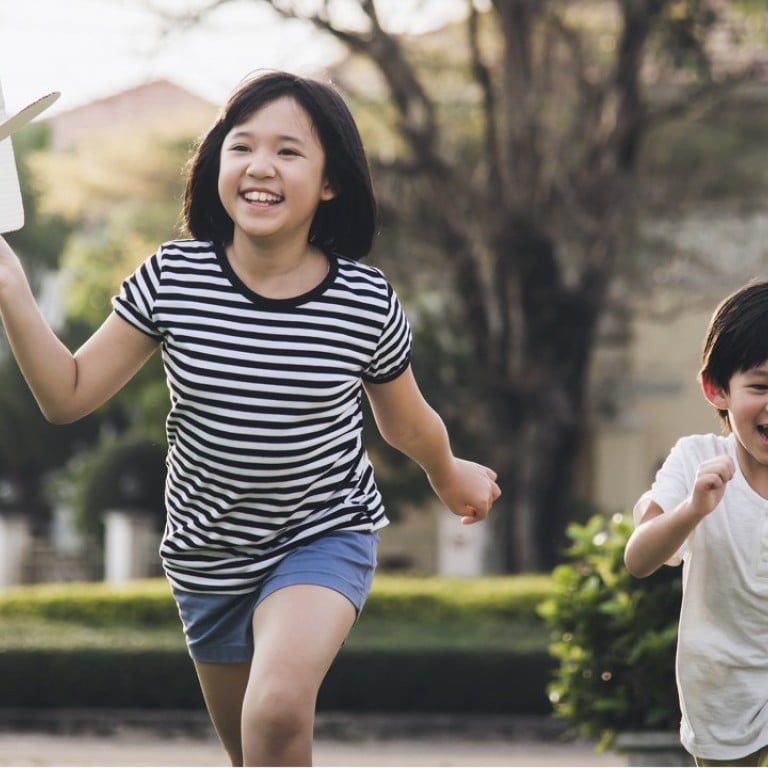
Hong Kong parents told to take children outside to reach mental and physical potential
Time spent outdoors boosts their cognitive function, develops their fine motor skills and has a positive impact on their health, vision and immune systems
Parents who encourage their primary schoolchildren to go outside to play rather than staying indoors to study are giving them important life lessons from nature that could boost their chance to improve their grades.
Andrew Chambers, father of two children, aged six and eight, moved to Sai Kung to give them access to the outdoors. His wife is a teacher, and they firmly believe in the link between healthy lifestyle and academic performance.
“Having active kids instils the ability for them to entertain themselves and also promote creativity,” says Chambers. “Kids should be able to invent games with the resources and surroundings they have. It encourages life skills: how to make up rules, how to win and lose.”
Up to the age of six, it is key for children to experience the kind of stimulus found outdoors to enhance cognitive development, their brain’s ability to process information. Hiking along colourful trails or playing with sand builds neuron connections in the brain that boost the ability to learn.
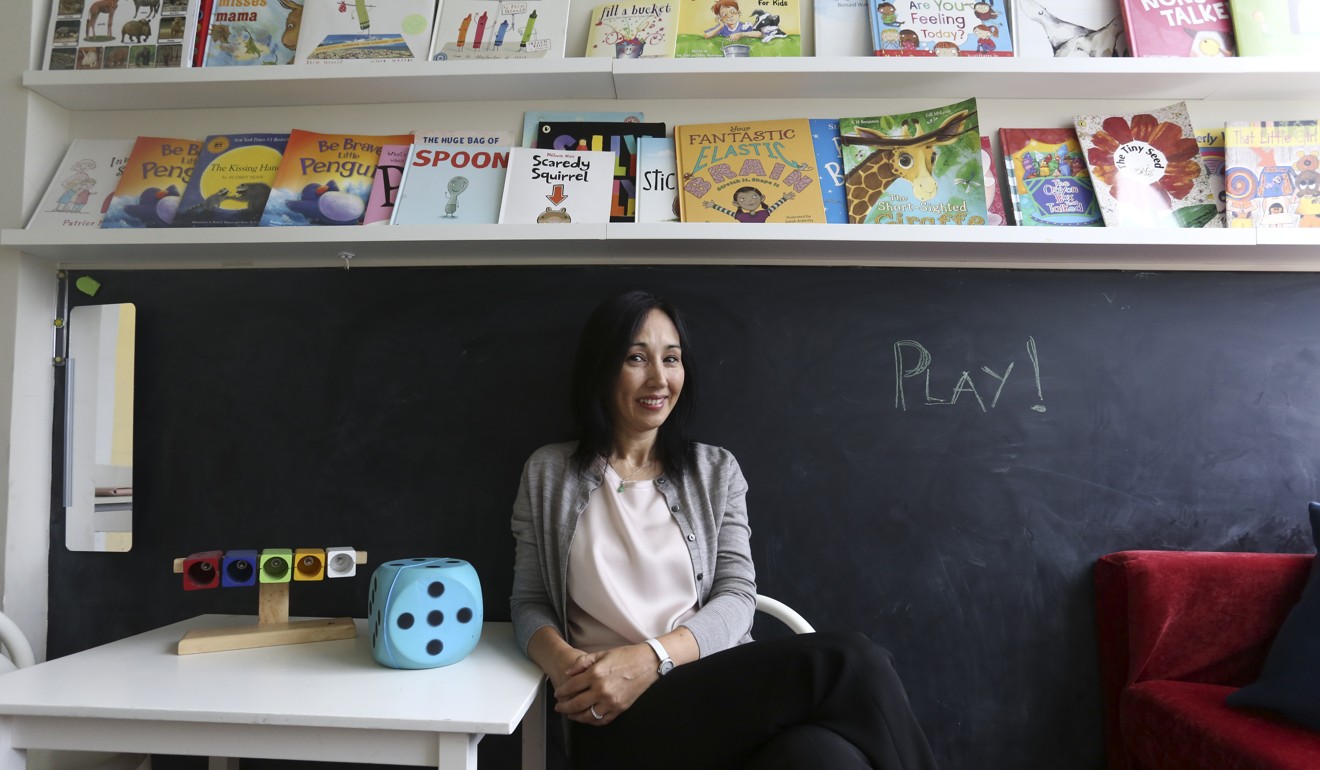
Bridgewater explains the difference between reading about an apple indoors and having an outdoor multisensory experience in contact with an apple. The reader might know what an apple is, but will not know how it feels, that it is crunchy, heavy, smooth or waxy.
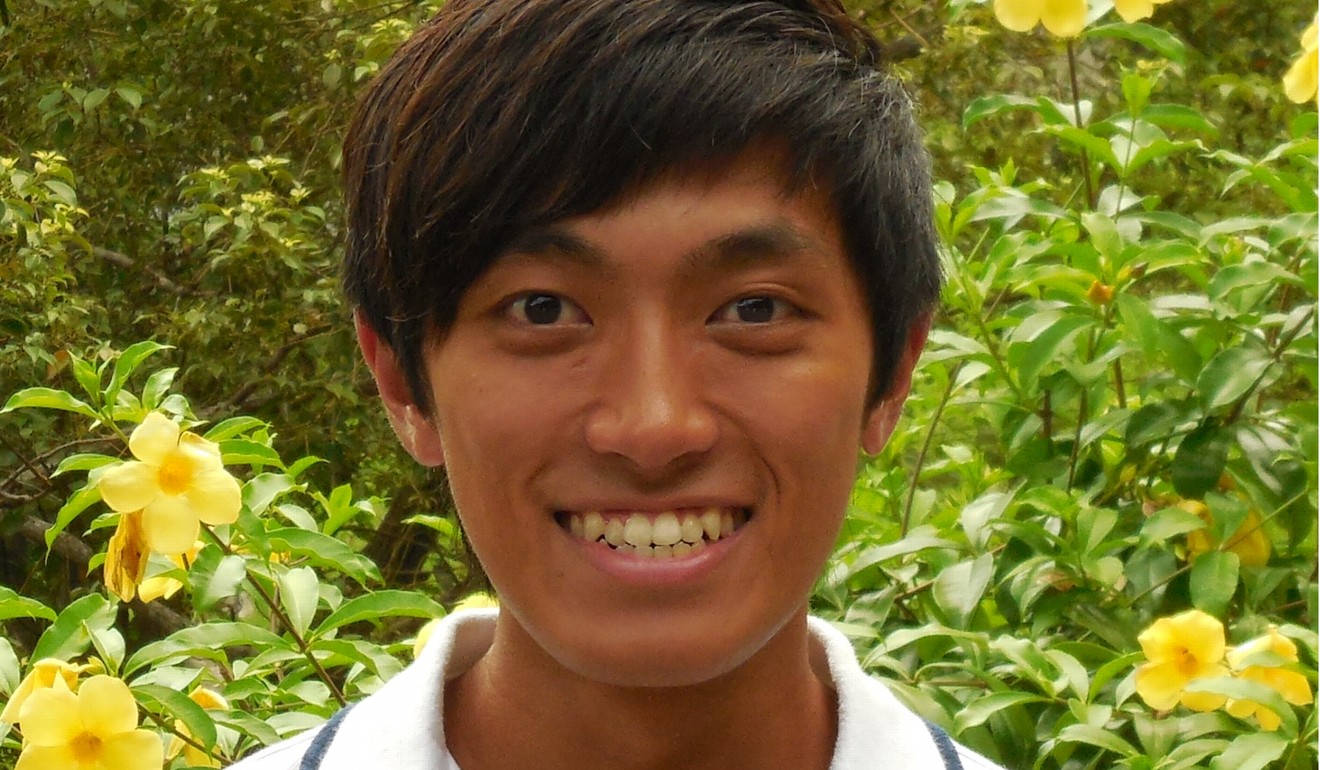
Hong Kong families need not travel far to experience nature, either.
“The hiking is phenomenal in Hong Kong. And it’s free,” says Bridgewater.
On the trails, children can build awareness of how their body works and of the world around them. A hike will boost their coordination and processing skills – and their eyesight.
“Kids should be developing peripheral vision and farsighted vision when they are young, but they are just staring at something static, a book, for so long inside. It’s why there is such bad vision in Hong Kong,” says Bridgewater.
Clela King is an educator in Hong Kong and a mother of two boys, aged five and three. She lived an active life, growing up whitewater rafting in Canada, and has passed on that lifestyle to her kids: the older son loves mountain biking. Now, she and her husband put their boys’ needs first.
“When we hike, the kids want to look at every insect and flower, and everything else,” says King. “So we have to sacrifice our own goals for them, as we can’t go fast. But that’s what you’ve got to do for their development and enjoyment.”
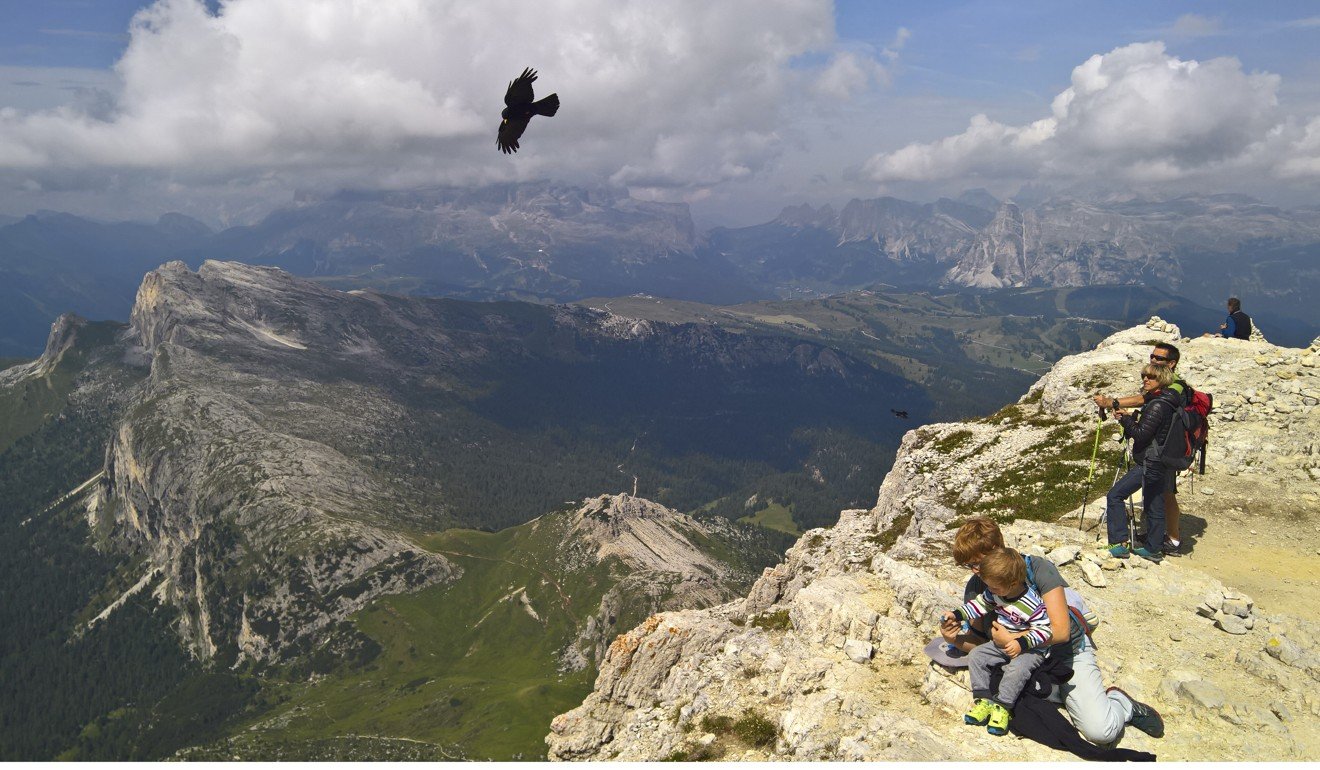
Bridgewater also sees beaches as ideal to allow children to play and develop.
“Sand as a texture and water is great,” says Bridgewater. “Developmentally, it’s how they’re supposed to play. They can cover themselves in sand; they roll around in it. They can play for hours. It’s teaching them so much. A lot of kids have fine motor skill problems, like writing, buttoning, tying laces. If they don’t get that rich ‘dig your hands in, get mucky’ experience when they are younger, it’s really hard for them when they are older.”
Bridgewater believes the Sars outbreak in 2003 created a mental barrier for parents who equated “dirt” with germs and are afraid to let their children outside to play. “It was really traumatic for Hong Kong,” she says. “It wasn’t like this [germ phobic] before. Everyone now has hand sanitiser and wet wipes.”
Bridgewater sees kids go to the beach for the first time and lift up their hands, unsure how to interact with the sand. “Digging in it is where a lot of the creativity comes from,” she says, so parents should encourage it.
Wan says that primary school students are particularly dirt-shy. When they arrive on his courses they do not want to sit on the dirt, or even put their rucksacks on the ground, but soon grow used to it and start to enjoy it. Some develop the habit of washing every time they see water or a tap.
On the plus side, students who have never hiked before often take it up after spending time with Outward Bound.
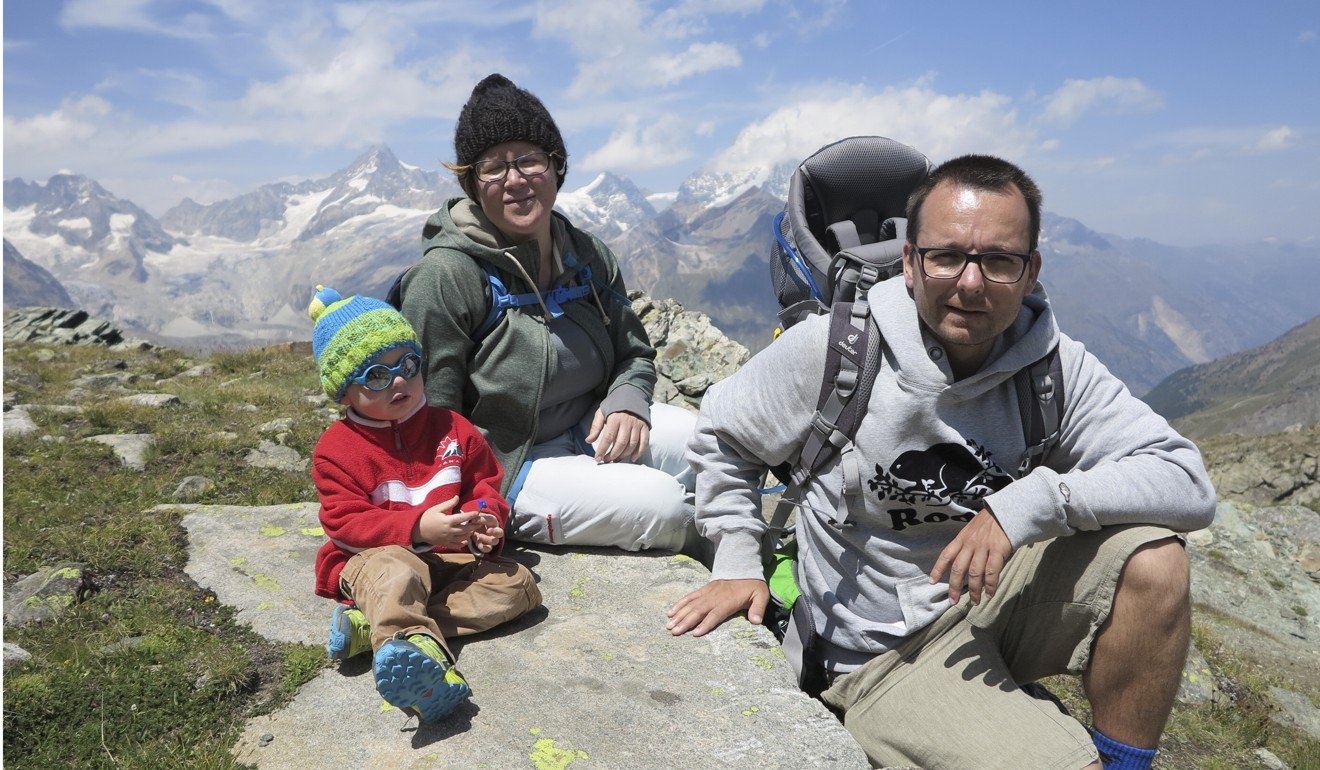
Bridgewater agrees that such outdoor camping trips are great for children. “Can you imagine the stimulation they are getting that they’ve never had before? It’s like using a muscle they’ve never used before, but the muscle is neuron stimulation.”
Parents who were not encouraged to go outdoors when they themselves were young are less likely to take their kids outside. Many did not place importance on exercise as children, either, so their emphasis on academic study over exercise is well intentioned even if it is misguided. “It’s a city culture,” Bridgewater says.
“You see parents saying ‘Don’t do this, don’t climb’. You should be encouraging exploration, not holding them back.”
When Bridgewater worked as an occupational therapist, she would frequently assess children who had poor handwriting. On close inspection, she found the problem was not the fine motor skills. Their lack of exercise meant their core wasn’t strong enough for them to sit properly. Children would be slumped over their desks, trying to write and steadily losing attention.
“I’d say go and do some sports, go and do some exercise. Or they’d come to me for the exercise. But like anything, 45 minutes a week doesn’t make any difference, they have to do it regularly,” says Bridgewater.

